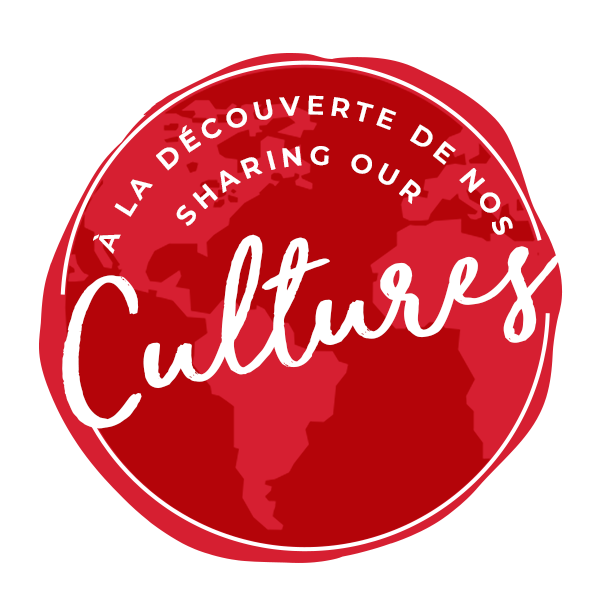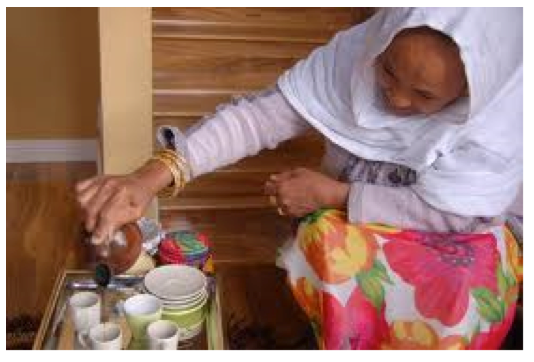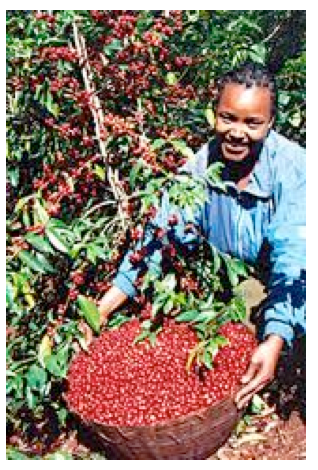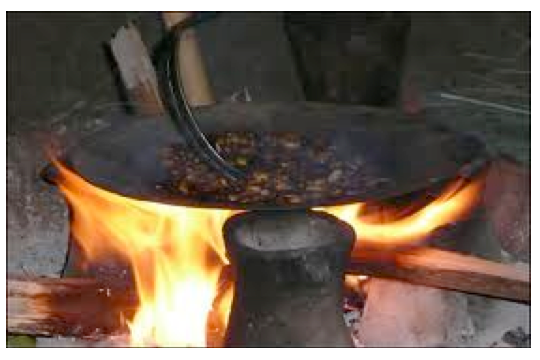Eritrea Coffee
In Eritrea, coffee is not merely something that starts on a timer and brews into to-go cups, but it is a ceremony, a ritual, a meaningful time to sit down with friends and family to chat.
Eritrea is one of the coffee-producing countries in Africa with a traditional coffee drinking culture. This tradition is reflected in the Coffee Ceremony, a daily ritual performed by native Eritrean women. Usually women gather in one of the neighbour’s homes to share news and nourish friendships.
More than just a coffee break, the ceremony is an expression of respect to elders and it represents a spiritual time of day to give thanks for the blessings of life. The women usually sit around a very low table where the coffee beans are roasted. Guests are also treated to the coffee traditional ceremony with honour and respect.
Next to the table is a portable gas burner but beans is also roasted over a charcoal brazier outdoors. In some families it is absolutely necessary to enjoy the sweet and woodsy smell of Frankincense and Myrrh incense burning; without it they will not drink their coffee.
All of the preparations for the coffee ceremony are done in front of the guests. The beans are roasted using a small, shallow pan with a very long handle, a menkeskesha a medium-dark roast, and stops just as the oil begins to show on the beans. The beans are immediately poured on a round woven mat, about 8 inches across, to let them cool. It is customary for everyone to smell the roasted beans by wafting the smoke towards them, still hot and so tantalizing.
Traditionally the woman would then pound the coffee with a mortar and pestle to a medium-fine consistency, much finer than drip coffee but not quite to an espresso grind. The next step is to brew the coffee using a jebena. It is a small, narrow spouted earthenware pot that they use in Eritrea.
In Eritrea the jebena has only one spout at the top where they pour in the water and coffee grinds and pour out the coffee. The grounds are mixed with a little water and poured into the jebena, which usually has some water already in it, and then placed over the fire.
A traditional accompaniment is fresh roasted popcorn hot off of the fire. Just as everyone chats away, the coffee begins to percolate and bubble out of the top of the pot. Some of the coffee mixture is quickly poured out of the pot into a small cup and then back into the pot, setting it again on the fire. Each time it bubbled up this would be done, maybe five times or so, until they decide it has reached the proper temperature and is finished. The wonderful, mouth-watering aroma often fills the room.
Then the pot is placed on a special woven holder, since the pot has a round bottom it cannot sit on a flat surface by itself. It would need to sit there for a few minutes to cool slightly and let the grounds settle to the bottom.
The small Eritrean cups, finjal, are placed on a tray on the coffee table. Holding only 2-3 ounces, made of fine China, and without handles, they are sometimes placed on their respective saucer with a tiny stirring spoon placed beside. It can also be served without a saucer. In the middle of the table there are the cups holding the sugar and creamer.
A little sugar is the usual compliment for the coffee, but because it is so smooth it hardly needs anything else. After most of the grounds have settled to the bottom, but just to catch any remaining that may be floating a tiny coil of horse hair is inserted into the top of the spout. The coffee is gently poured into the tiny cups.







